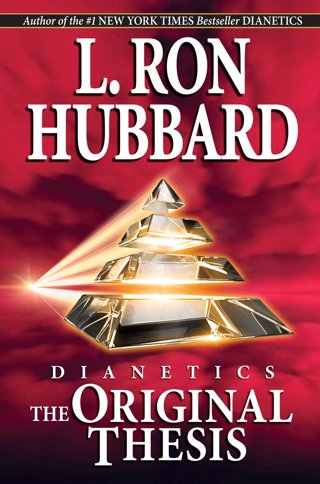Indicators on Dianetics You Should Know
Indicators on Dianetics You Should Know
Blog Article
The Definitive Guide to Dianetics
Table of ContentsHow Dianetics can Save You Time, Stress, and Money.Some Known Facts About Dianetics.Examine This Report about DianeticsDianetics Things To Know Before You Buy
I could not ever not want to get anything that comes to mind for you- if it was or else, I would not be resting here with you, doing this. I not only can never have an issue, or not intend to listen to something that comes to mind for you, yet I'm totally eager to know every idea, every idea, every picture or feeling that emerges or manifests for you- don't ever before assume otherwise, and if for one reason or another you do, please just let me know! Often, you may have a thought, and photo, idea or occurrence pop up that does not seem to address the concern, or connect to it, but nonetheless, always do tell me concerning it, and as we continue, the significance will arise for you.This is intrinsic in the basis of processing, and the topic of this conversation: the fundamental roles of the therapist and the customer: The standard function of the counselor is, unlike "common training", not to manage, which suggests to enforce and/or inhibit, yet to rather work from the basis of EMPOWERING THE CLIENT.

Not known Details About Dianetics
John Mcmasters shared this standard reality incredibly well in one of his talks on Power handling, in which he discusses just how he was asked what this "special flair" was that he had for offering such wonderful sessions; he had to think about that for a moment, and found that it was what he wasn't doing, along with what he was doing: he wasn't reviewing, judging, computing, or in reality, creating any ideas, not to mention spoken expressions, after providing the command and while awaiting the computer to finish their answer to their satisfaction; he was, merely and just, being present with the computer, and entirely interested.
The duty of the therapist, showed; that was his "special propensity". I have actually had my very own experience which taught me this well, very at an early stage in the video game. In 1982, having just recently completed my training and teaching fellowship on New Age Dianetics, I was running this on a PC, and there was a point in the session where (being a little bit wet behind the ears not yet having several hours under my belt as a specialist auditor) the PC seemed to be "taking also lengthy" to share anything vocally after I offered him a command.
This secret turned out to be the most valuable contribution that John ever before made to the topic of therapy or auditing (Dianetics). In Recommended Site my simple viewpoint, it is the best contribution that any individual has ever made to these subjectsthe application is totally non-judgemental, non-evaluative, and devoid of any kind of pointer, advice or opinion.no preconceived schedule for people, or 'degrees' that they must do
In Scientology we prided ourselves on not reviewing for people. All that really meant was that the auditor did not Vocally examine for the Computer in session.
The Facts About Dianetics Revealed

Any individual that had ever before seen John audit could not aid yet notice a special top quality in his auditing."The customer's basic role is to be there with the purpose of relocating the instructions of their spiritual objectives, and to freely and totally reveal and experience whatever manifests for check out this site them in addressing the inquiries and performing the directions in the handling.
This is something to process as required. Yet also, people often have prior experience and/or indoctrination in auditing/processing which, in some means, and to some extent, in fact misleads them right into perspectives, concepts and habits patterns that prevent the full awareness of these roles, and so they will have a tendency to hinder the expressing of what comes to mind, as in the examples offered over. * The first, and maybe foremost examples of mis-indoctrination causing less than completely smooth and efficient sessions, can be found in specific facets of the training routines, or "TR's":"TR's" are usually an individual's very first, or at the very least early, experience in Scientology, and while I will certainly go on to explain what I see as the defects in principle and method, however, tend to be substantially restorative, done as they are provided (Hubbard insists that "TR's are not processing, they are educating", yet factually, they are both handling AND training)
Alan Walter made similar monitorings, and improved these with his "Visibility Processes". There is no "flunking", and no rejection of the truth of this being processing. The focus, as it should be, is on experiencing the various other individual's existence. All the manifestations which get a "flunk" in doing "TR-0" are simply the being's initiatives to stand up to the other person's presence, and as opposed to being pestered and nagged with "Flunk", which imposes "failure!" pop over to this web-site on the being, one just requires to be motivated to "stick their feet in the water a little much deeper", to increasingly rehabilitate their capability and willingness to completely share and experience "being right here", or "visibility", with others.
Dianetics Can Be Fun For Anyone

Report this page